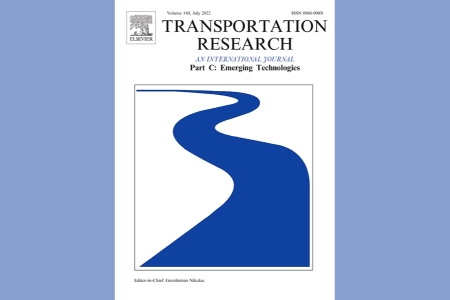SWOV researchers Christoph, Van Nes and Mons coauthored the article 'Do adaptive cruise control and lane keeping systems make the longitudinal vehicle control safer? Insights into speeding and time gaps shorter than one second from a naturalistic driving study with SAE Level 2 automation' in the 'Transportation Research Part C: Emerging Technologies'.
Advanced driver assistance systems such as adaptive cruise control (ACC) and lane keeping system (LKS) potentially contribute to reducing crash rates and traffic congestion. On-road studies based on early ACC systems operational at medium–high speeds only have shown that the system reduces the proportion of short time gaps when activated. Despite the effects on driver behaviour, most mathematical models assessing the impact of ACC and LKS systems on crash rates and traffic congestion are not based on empirical findings.

